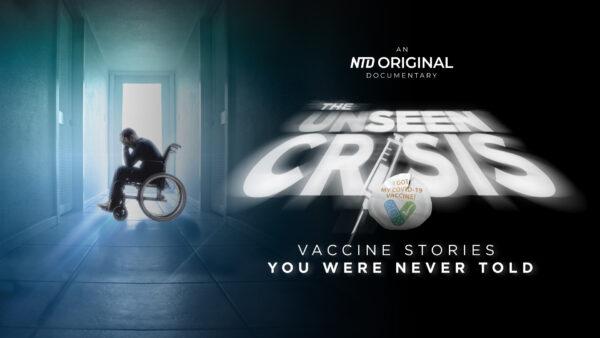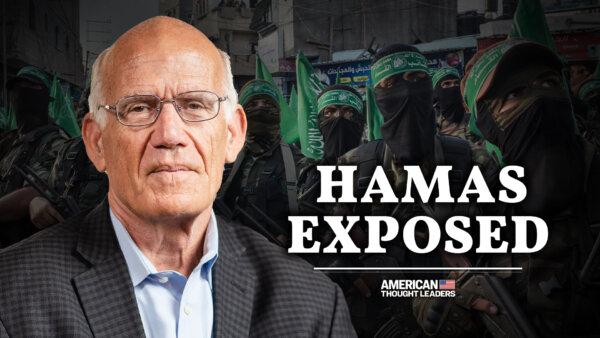How is the Chinese Communist Party exploiting poor, but resource-rich or strategically situated countries using debt-trap diplomacy? What role is the US playing in the global response to coronavirus? And how do authoritarian regimes like China, have an outsized influence in international organizations like the WHO and the UN Hum...
USAID’s Bonnie Glick on China’s Debt-Trap Diplomacy and Trump’s Ultimatum to the WHO
USAID’s Bonnie Glick on China’s Debt-Trap Diplomacy and Trump’s Ultimatum to the WHO
Views 337 •
May-20-2020
Read More








